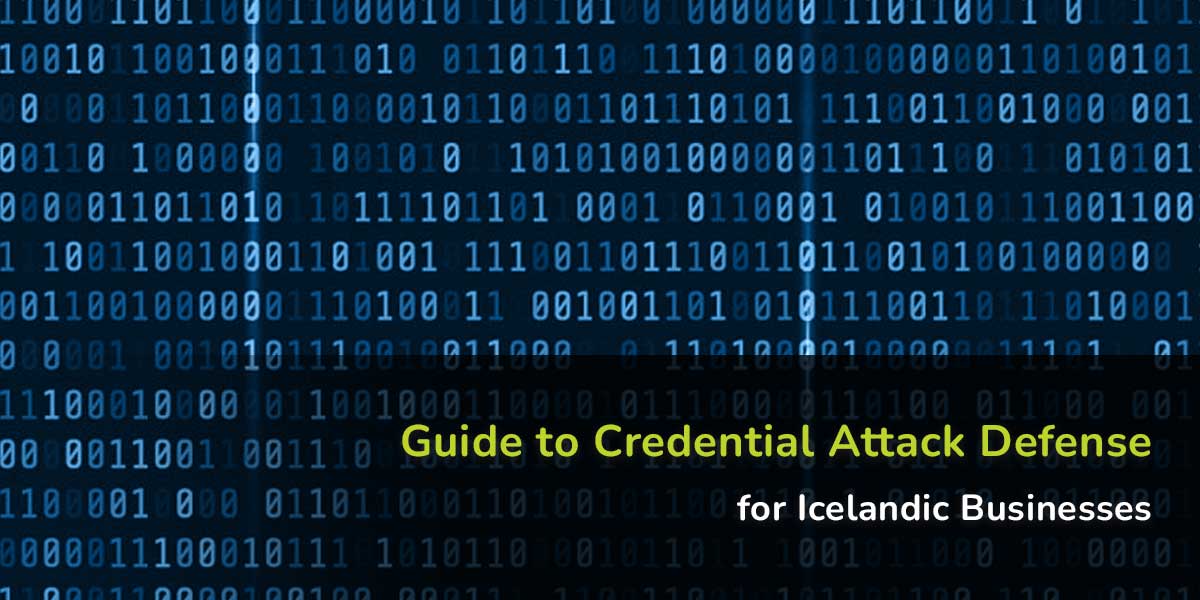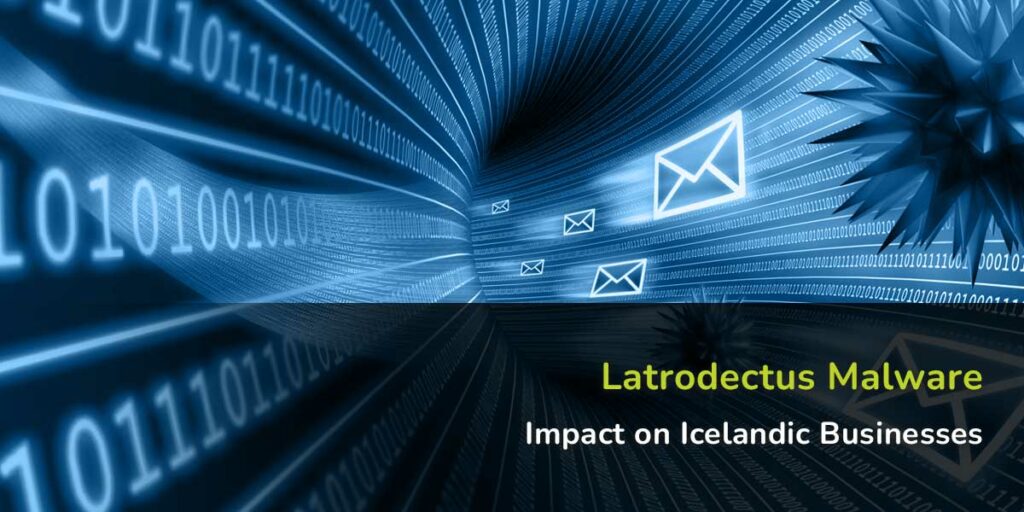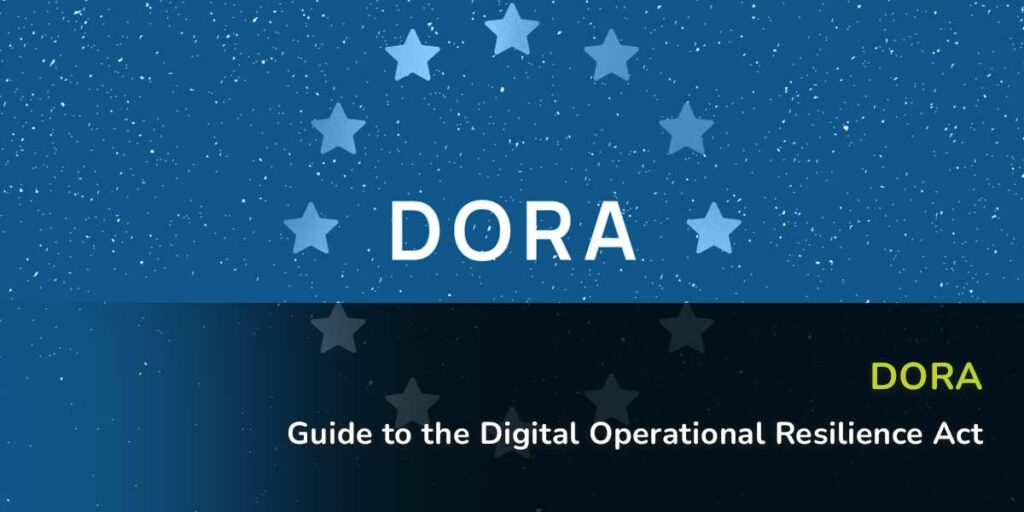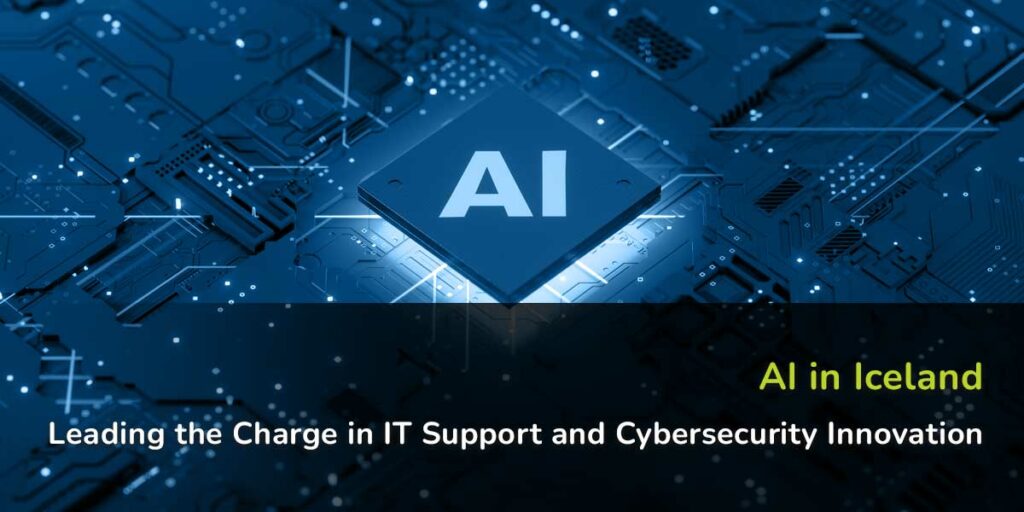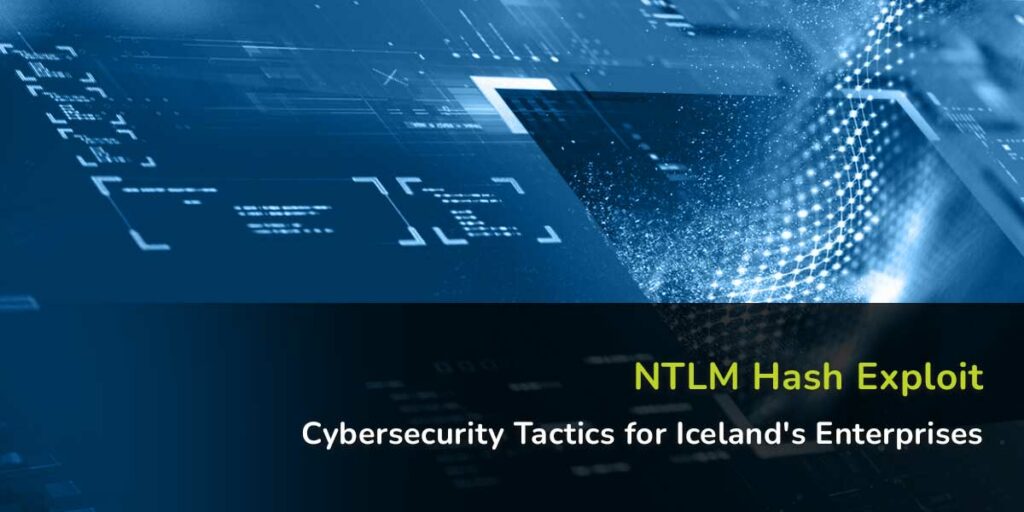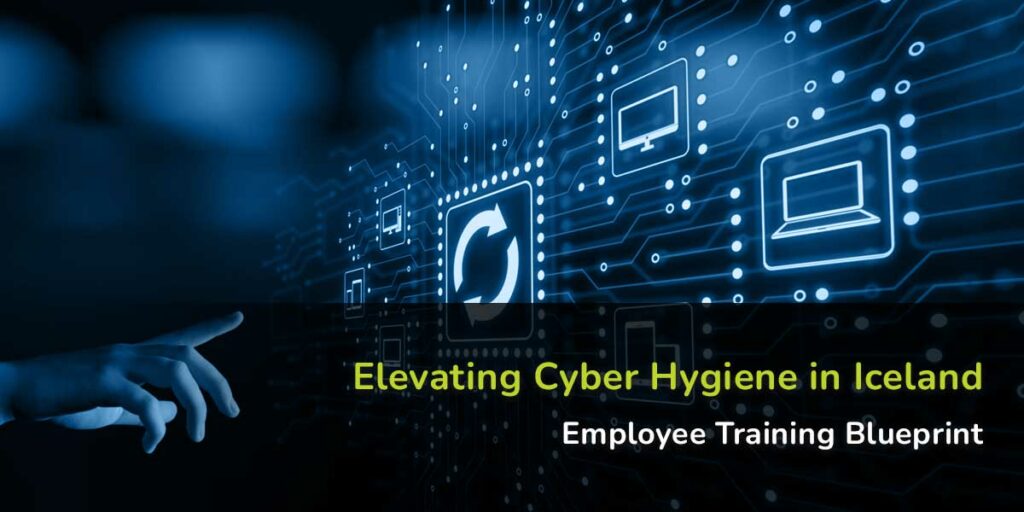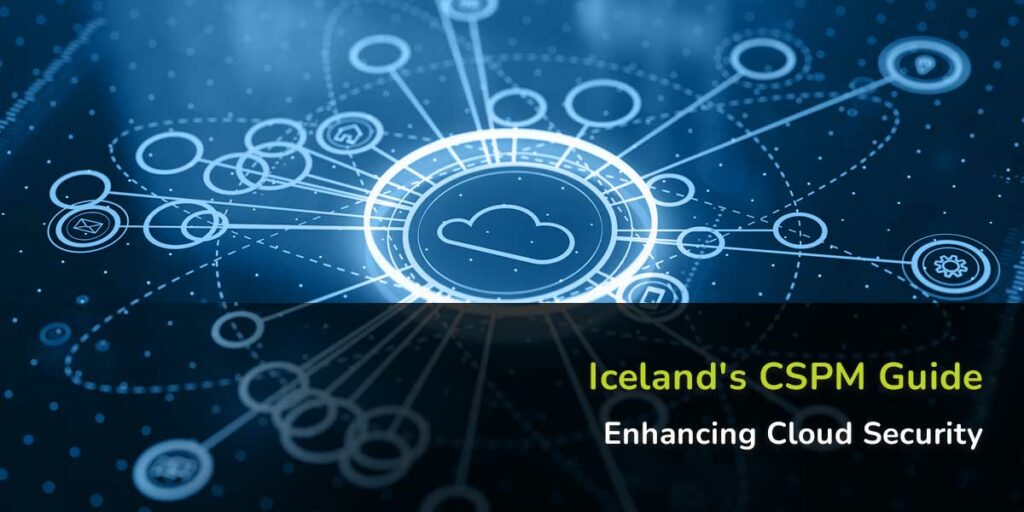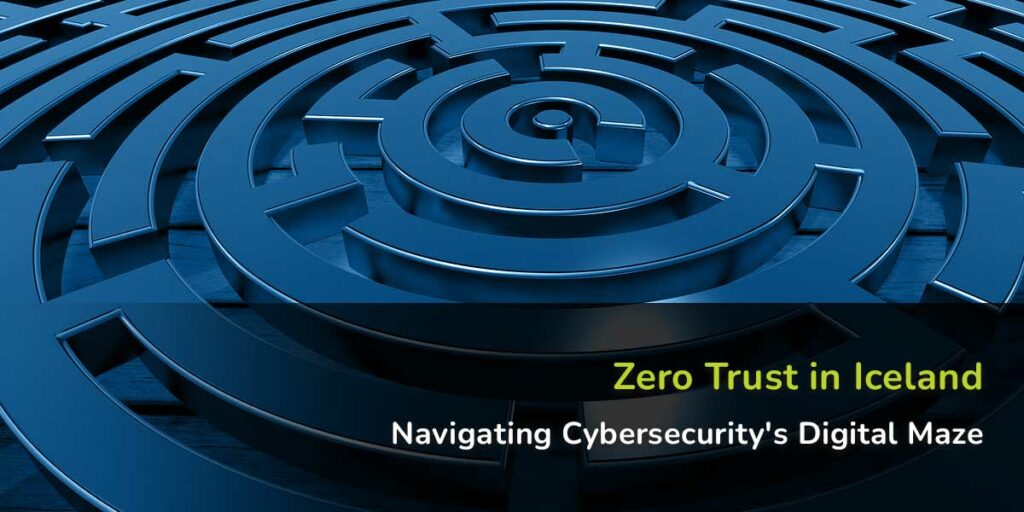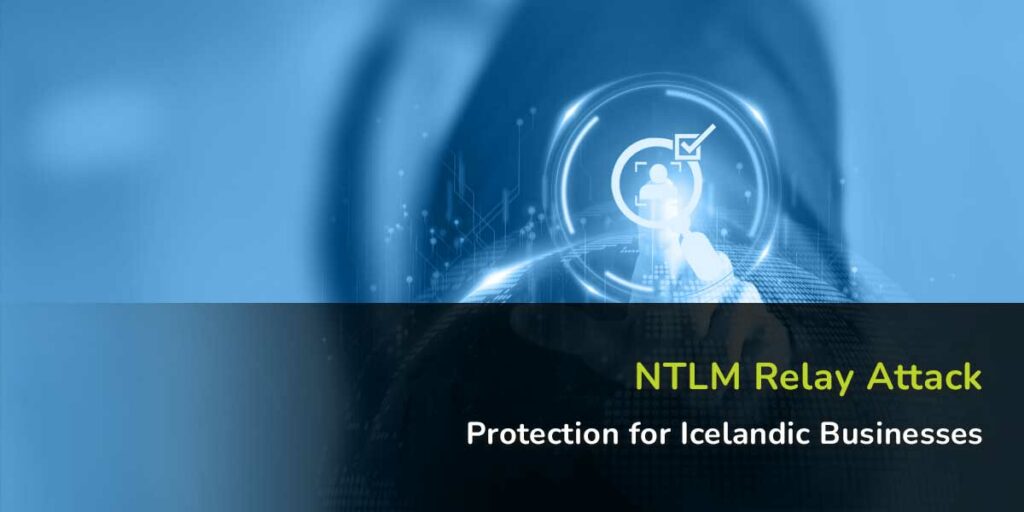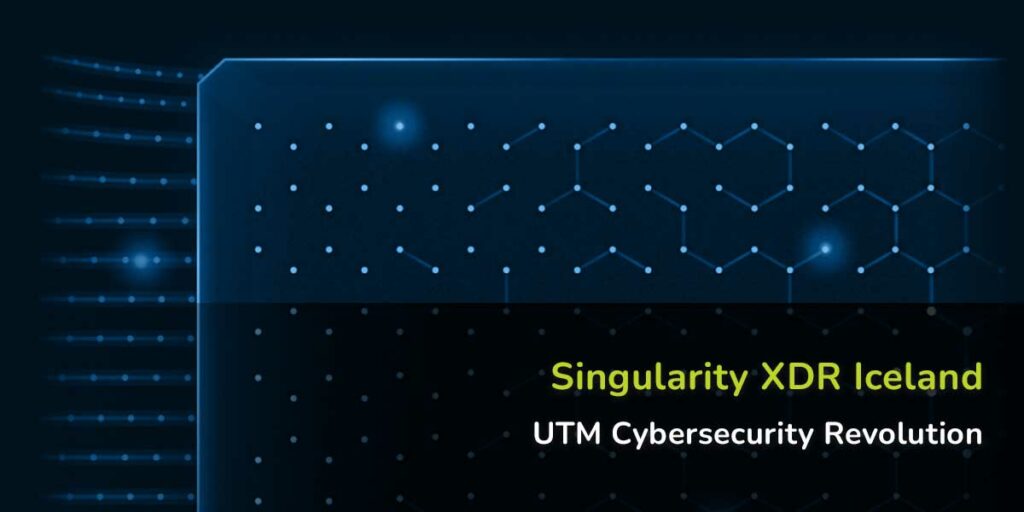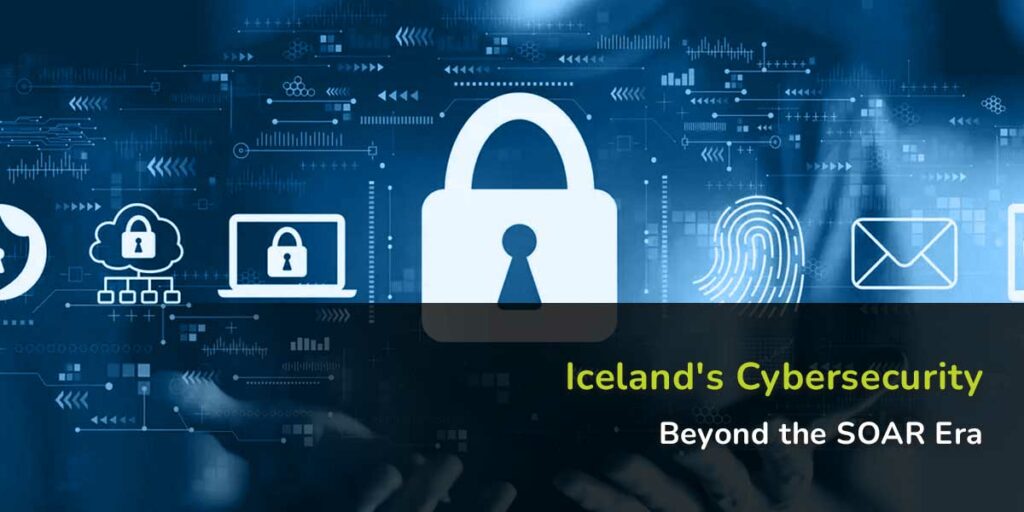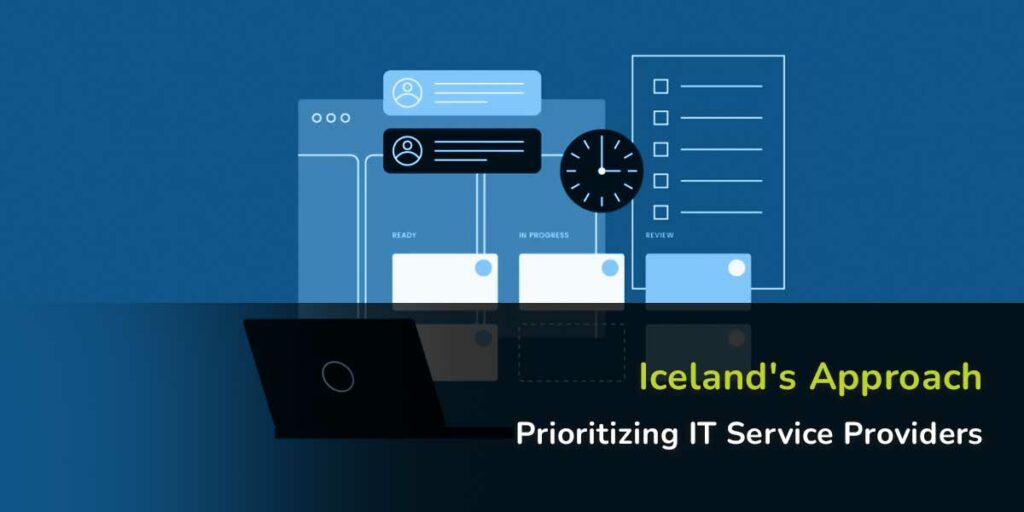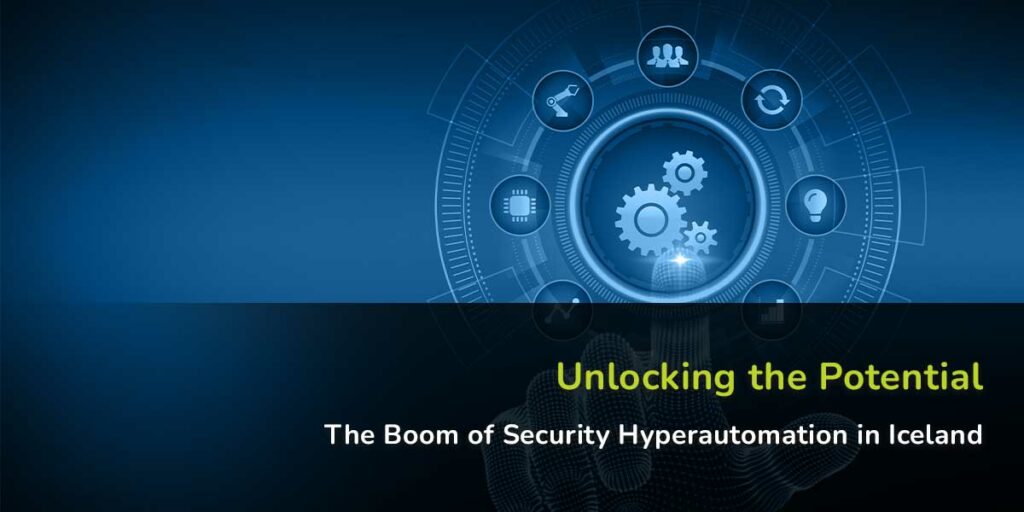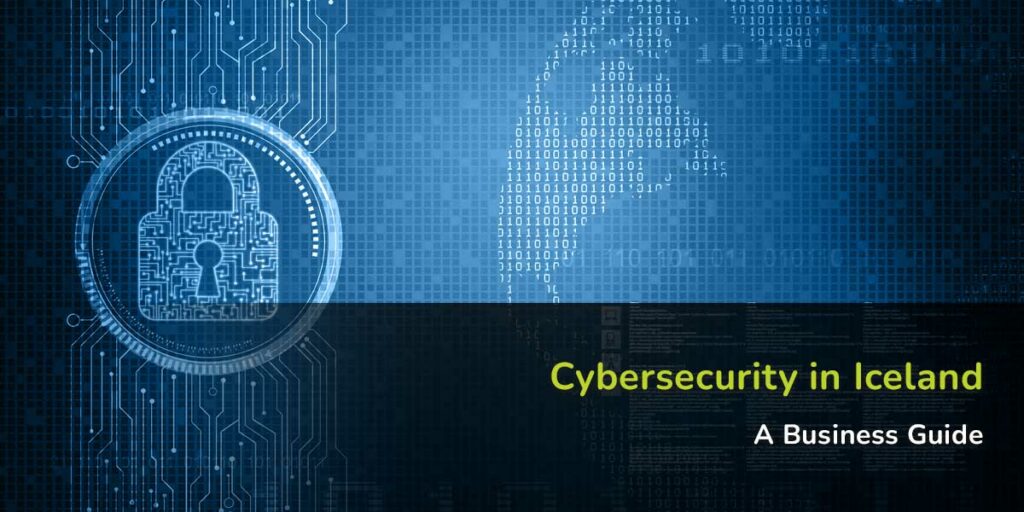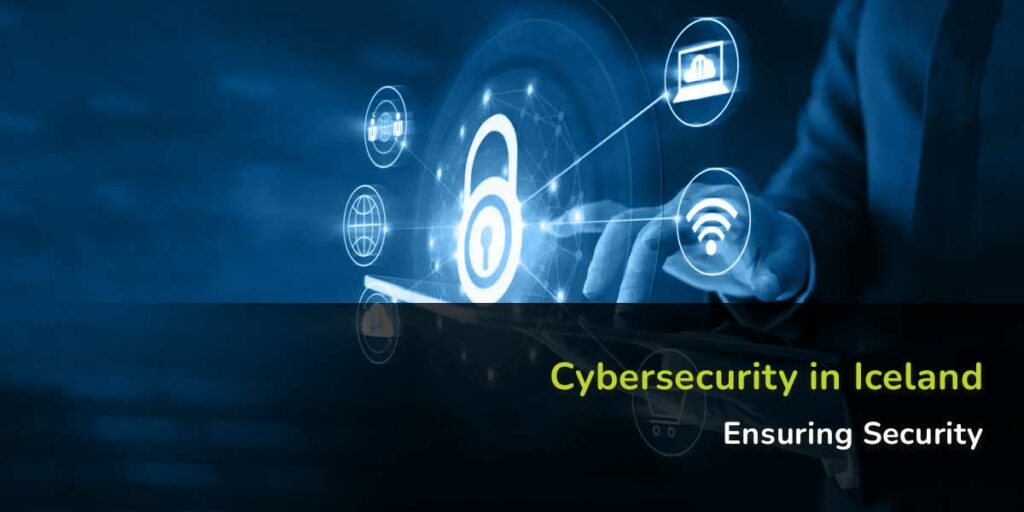In Iceland, where the digital landscape is both advanced and integral to the nation’s economy, credential attacks pose a significant cybersecurity threat. These types of cyber attacks involve the unauthorized use or theft of usernames and passwords to gain access to sensitive systems and data. As Icelandic businesses continue to enhance their digital capabilities, understanding the nature of these attacks and implementing robust defense mechanisms is crucial. This article explores the specific implications of credential attacks for Icelandic businesses and outlines effective strategies to mitigate these risks.
The Nature of Credential Attacks
Credential attacks typically occur through methods such as phishing, where attackers deceive users into providing their login information, or through the use of malware that captures keystrokes. Once obtained, these credentials can be used to commit fraud, steal corporate data, and even disrupt critical national infrastructure. In a highly connected country like Iceland, the impact of such breaches can be extensive, affecting not only individual businesses but also the broader economy.
Implications for Icelandic Businesses
Iceland’s rapid digital adoption across its public and private sectors increases its vulnerability to credential theft. The country’s extensive use of online services for governmental and financial transactions makes it a prime target for cybercriminals seeking to exploit weak cybersecurity practices. Additionally, Iceland’s position as a leader in energy and technology sectors makes industrial espionage a potential motive for credential attacks.
Key Defense Strategies
1. Employee Training and Cybersecurity Awareness
The first line of defense against credential attacks is educating employees about cybersecurity best practices and common phishing tactics. Regular training sessions can significantly reduce the likelihood of employees inadvertently disclosing their login details.
2. Implementation of Multi-Factor Authentication (MFA)
MFA requires users to provide two or more verification factors to gain access to their accounts, significantly enhancing security by adding layers beyond just passwords. For Icelandic businesses, implementing MFA across all digital platforms is a critical step in safeguarding sensitive information.
3. Utilization of Advanced Monitoring Tools
Deploying tools that monitor and analyze user behavior can help detect unusual activities that might indicate a credential attack in progress. These tools can alert administrators to suspicious actions, such as access requests from unusual locations or times, allowing for rapid response.
4. Development of Robust Password Policies
Strong password policies are essential. This includes enforcing password complexity requirements, regular password changes, and the use of password managers to generate and store complex passwords securely.
5. Regular Updates and Security Patches
Keeping all systems updated with the latest security patches is crucial. Many credential attacks exploit vulnerabilities in software that could be mitigated with updates. Regular maintenance of IT infrastructure should be a priority for Icelandic businesses.
6. Encryption of Sensitive Data
Using encryption to protect sensitive data, especially during transmission over less secure networks, can prevent intercepted data from being used by unauthorized parties. This is particularly important for remote work scenarios, which are increasingly common in Iceland.
Conclusion
For businesses in Iceland, protecting against credential attacks is not just a technical necessity but a critical component of their overall digital security strategy.
By understanding the threats and implementing a comprehensive set of security measures, Icelandic companies can protect themselves from the potentially devastating impacts of credential theft. As the digital economy continues to grow, maintaining robust cybersecurity practices will be essential for safeguarding Iceland’s economic interests and technological innovations.

